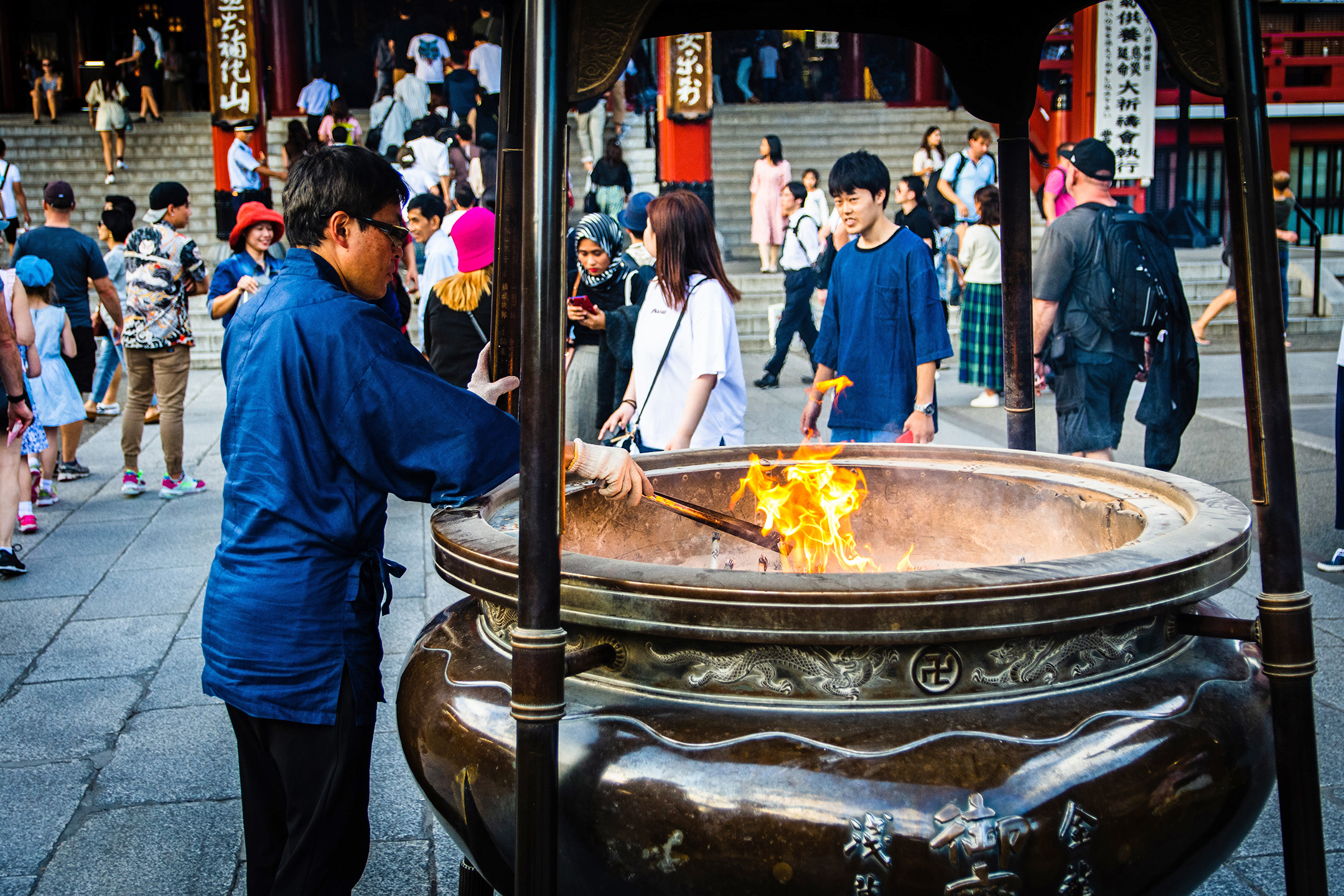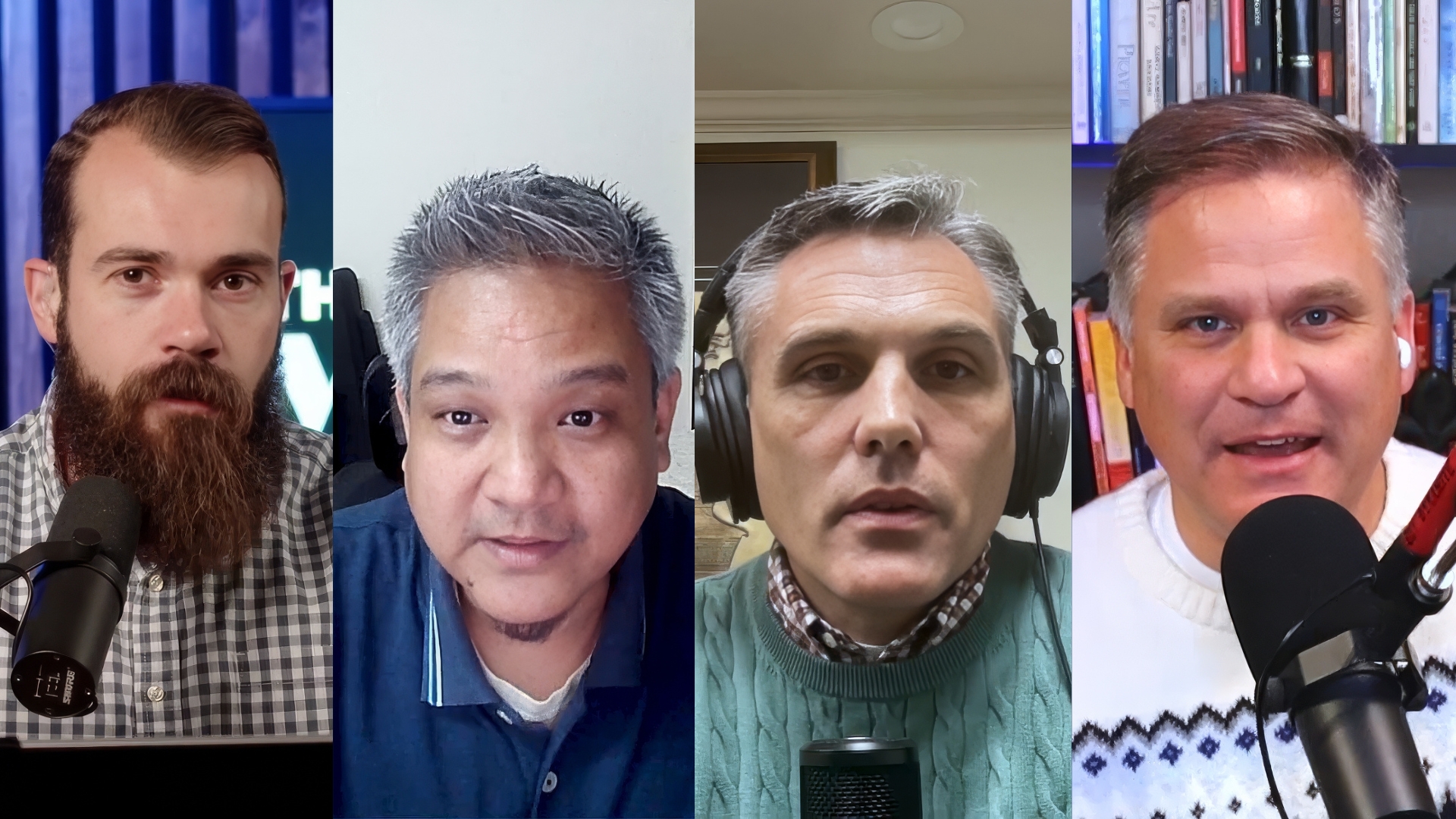Any internet search, article, or missionary presentation about Japan will highlight the fact that ministry is not easy in Japan. There are many factors for and perspectives on why this is true. The main themes center on unique aspects of Japanese culture and its long history of isolationism:
- Japanese culture is relational. To effectively share the gospel, missionaries must first establish a foundation of relationship and trust—and relationships take time.
- For the Japanese, personal identity is tied to family identity and religious beliefs. To reject those beliefs and trust in Christ means that, in their mind—and in the minds of their family—they are no longer Japanese.
- Japan remained isolated and separate from other nations throughout much of world history, and the difficulty for foreign nationals to make inroads into Japanese culture and communities still reflects this—even in the era of globalization.
- Japan closed its borders to Christians and western influence for over 250 years and did not allow missionaries into Japan until 1873. That was a lot of years with little Christian witness in the country. It will take some time to till that soil.
Japanese culture is indeed very different from western cultures, making it difficult for North American missionaries to reach Japanese with the gospel. But when we focus on the difficulties of culture and the realities of the past, we are gazing on the negative and difficult rather than asking what can be done to enact change. Ministry in difficult places requires fixing our eyes on Jesus, the author and perfecter of our faith (Hebrews 12:2), and being willing to humble ourselves as he did, no matter the cost (Philippians 2).
In my experience, I’ve never known any mission field to be easy. But Jesus tells us in Scripture what the real problem is. It isn’t a lack of harvest, which Jesus says is actually “abundant.” The problem is that “the laborers are few.” After showing his disciples the abundance of the harvest, Jesus quickly issues a challenge: “Therefore, pray earnestly to the Lord of the harvest to send out laborers into his harvest” (Matthew 9:38-38 ESV).
The Joshua Project lists the Japanese people as 98% unreached. There are thousands of Japanese slipping into eternity without any idea that they can have peace with Jesus instead of the eternal torment they are facing. Yet the workers going and telling them are few.
Because so few workers are going to Japan and so few Japanese believe in Christ, there is a lack of resources for the church in Japan. The Japanese church lacks sufficient leadership—a sustainable number of mature pastors and lay leaders—and has limited Christian resources for spiritual growth, outreach, and training. ABWE missionaries currently lead multiple church plants and a Bible school, but we need more people to join us in Japan or partner with us so these ministries can continue.
Creativity is a vital asset for ministry in Japan as we seek to think outside the box to reach the Japanese. One of these creative ways is through opening coffee shops. Coffee shop culture is growing among the young people of Japan, and, considering that the average age of a pastor in Japan is 70, reaching the younger generation is critical for the longevity of the church.
ABWE has maintained a team in Japan for over 50 years. Life and ministry have not been easy for the missionaries who have served there, but they have seen fruit, they have seen people turn from idols to Christ, and that’s all because they answered God’s call to go and allowed God to use them in Japan.
We serve a God who can change the hardest of hearts—the hearts of the least reached—and we know that God can change the hearts of the Japanese.
Some might consider missions in Japan an exercise in futility. Aren’t you just spending your life farming in a graveyard? some wonder. But I’d argue that throughout Scripture, God does some of his best work in graveyards. Sarah’s dead womb. Elijah’s dry bones. Jonah’s death sentence in the belly of the fish. Jesus’ dead body in the tomb. God wants to use us as part of his plan to bring life to the dead hearts of all people, including the Japanese, and if we don’t go, how will they hear (Romans 10:14–15)?
ABWE’s Open Initiative chose the Japanese of Tokyo not because they are hard to reach, but because someday Japanese nationals will stand before the Throne and the Lamb saying, “Salvation belongs to our God who sits on the throne and to the Lamb!” (Revelation 7:10). We desire to be part of this great and worthwhile effort, tilling the soil and watching God turn the graveyard of Japan into a garden of souls who have believed and received eternal life. Who will labor alongside us? Who will go?





